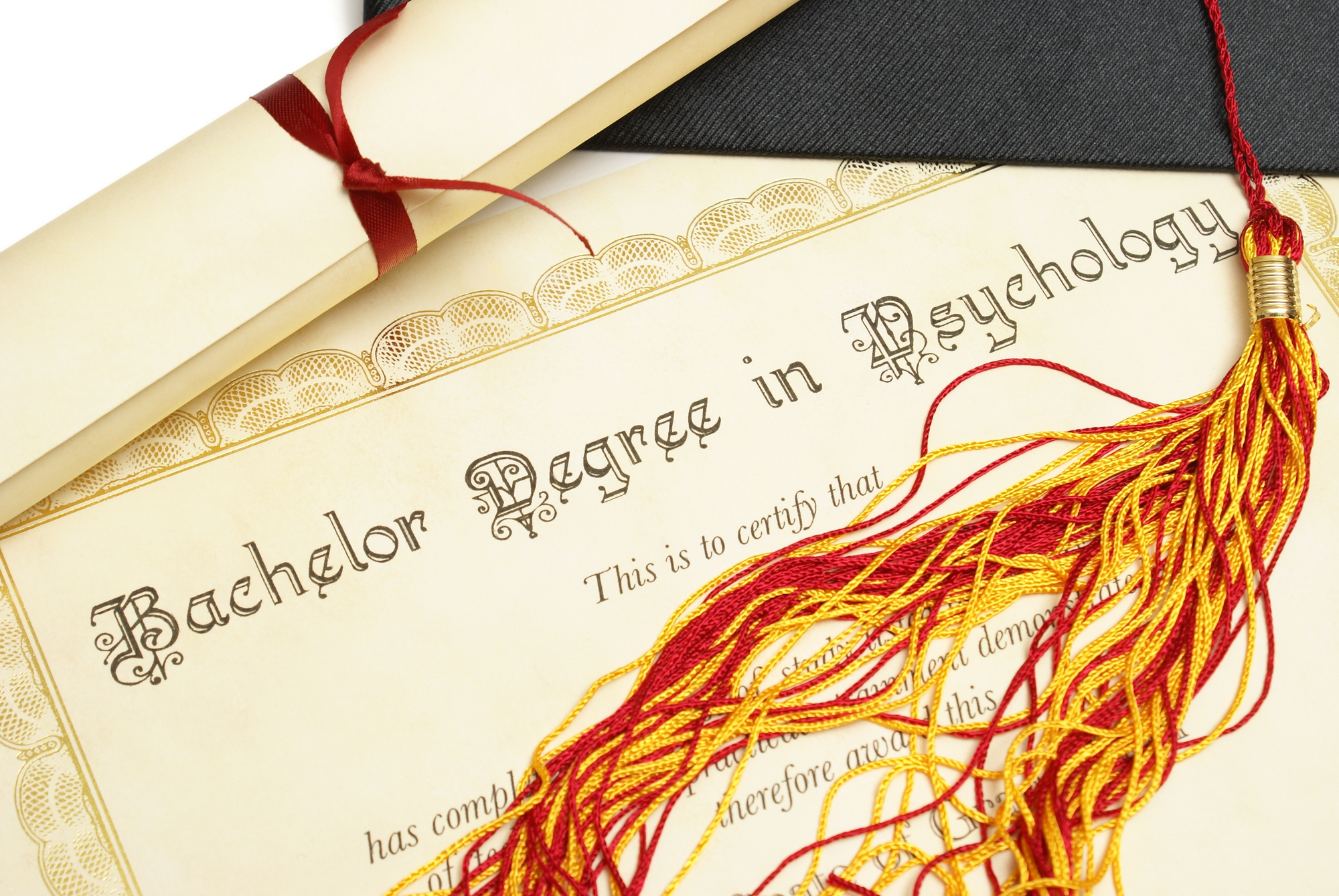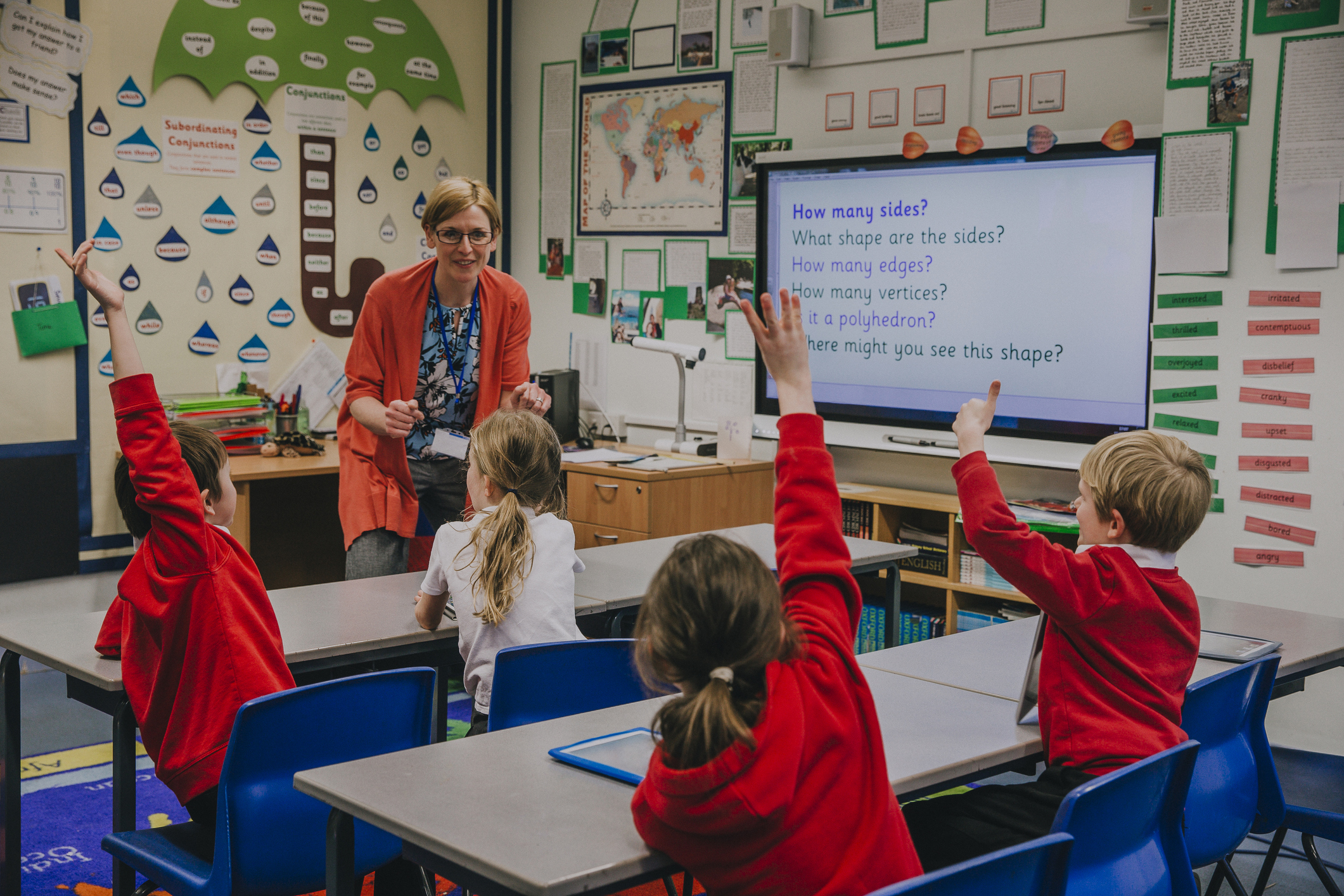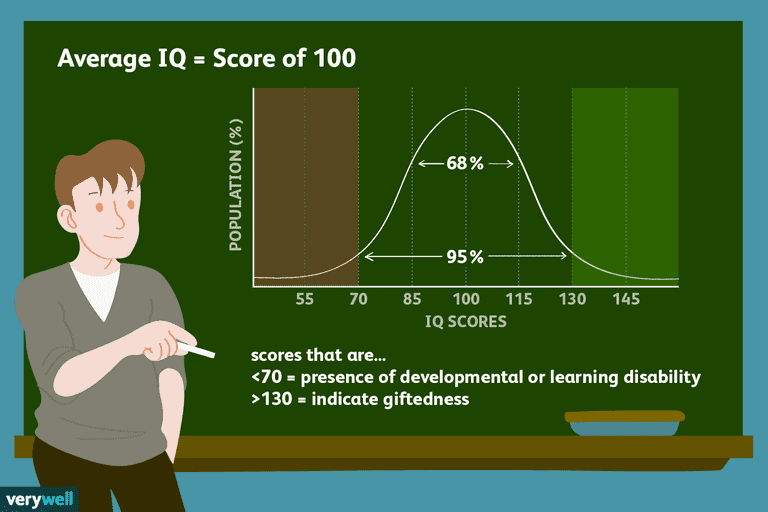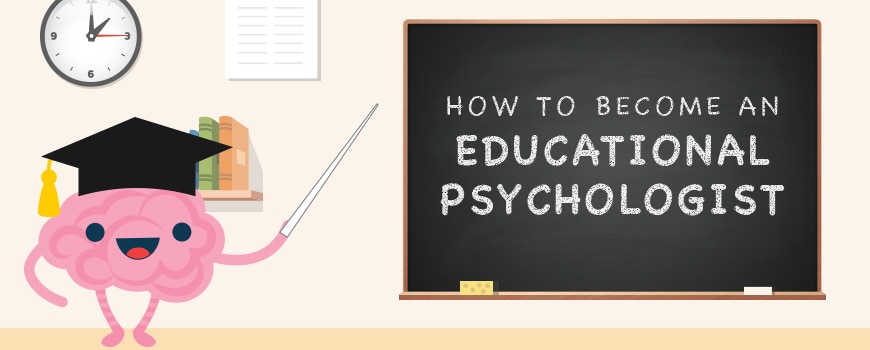Educational psychologists apply different issues, such as individual differences and psychological tests, to the process of schooling and education. A career in educational psychology requires graduate degrees in psychology, either online or in-person (or a combination of both).

Though “educational psychology” sounds the same as developmental, school, or child psychology, it’s not.
A developmental psychologist focuses on learning and growth in children. A school psychologist works with children and groups of children in schools, and helps with issues such as bullying or learning delays. A child psychologist works directly with children who have physical and emotional health issues, either at home, school, or in institutional settings.

There isn’t an absolute line or distinction that separates these types of psychologists. Their responsibilities and job descriptions overlap, often quite closely.
Educational psychology focuses on how people think and learn.
What Does an Educational Psychologist Do?

An educational psychologist develops theories, studies child development and learning, and conducts and publishes research on childhood learning. This type of psychologist also performs practical work in schools, such as evaluating different types of educational programs.
Educational psychologists are interested in how people learn, from birth to adulthood.

Though they’ve studied child development and learning, these psychologists don’t always work in public schools. Rather, they often study educational theories and do research in universities.
What Type of Research Does an Educational Psychologist Do?
Over the past century, this psychology career has focused more on the measurement of individual differences, such as learning and achievement tests (including the controversial intelligence quotient or IQ test!). Educational psychologists also do research on children in school environments, and design curriculum and instructional programs for both children and adults.

Educational psychologists don’t just do research in universities. Some work in business settings, developing training programs for employees. Others work in different types of academic institutions, from preschools to colleges. And still others conduct workshops, and consult with curriculum and other types of school administrators.
How to Become an Educational Psychologist

More than one psychology degree is required to be an educational psychologist in most states and provinces. Often, educational psychologists need to complete graduate level work before they can practice.
Remember — becoming an educational psychologist doesn’t mean you’re tied down to one specific psychology career! The beauty of a psychology degree — especially graduate psycho degrees — is that you can work in dozens of different settings.



















I just wanted to say thank you sooo much for this explanation, I’m at a stage trying to decide my next steps and it really feels as though you described me and my interests, and helped to settle some of my worries. Thanks so much!!